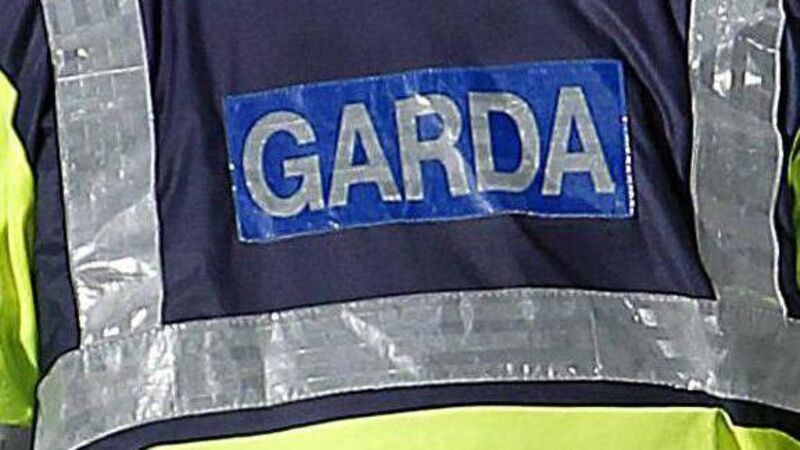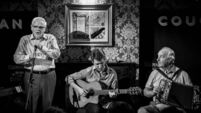Gardaí have to be supported, and must be a visible presence

Policing in Ireland is in a difficult place at the moment, says former guard Trevor Laffan
The DPP has directed a garda involved in the pursuit of the three males, who were members of a Tallaght-based criminal gang that specialised in burglaries, is to be charged with a driving offence.
The three victims were killed instantly when their BMW vehicle burst into flames following a head-on crash with a truck on the N7 in 2021, while they were driving on the wrong side of the carriageway.
It remains to be seen what charges the garda is going to face, but garda management needs to stand up and be counted here. Gardaí in the course of their duty have a right to expect leadership and support.
Many years ago, when I was a garda, I was involved in an accident while driving a patrol car. It was on a Sunday evening while in pursuit of a stolen car. There was a lot of damage done to several cars.
The following morning, I showed up for work at 6am and at 9am the superintendent arrived in the public office.
The first thing he asked me was how I was feeling. Then he told me not to worry one bit about the damage to the cars. That can all be fixed, he said. Then he insisted I visit my GP in case I was suffering from shock that I mightn’t be aware of.
I was fine, but what he displayed that morning was leadership and support. I’m not sure if there is much of that around today.
I can’t imagine that the young men and women entering the Garda Training College these days are much different to those of us who joined in earlier times. We were anxious to get the training over with and get out on the beat where we hoped we could make a difference.
We were proud to wear the uniform and follow in the footsteps of so many of our well-respected predecessors. We wanted to be seen.
During my 35-year service, I was privileged to have worked with some fine men and women. I witnessed many examples of bravery and courage by dedicated members, who often went above and beyond what was required or expected of them.
There were difficult times too. It’s impossible to spend a lifetime as a police officer without seeing the evil side of society.
Dealing with the deaths and injuries sustained through accident or design are part of the job. Violence is always a possibility, and danger is a regular visitor, but we expected that. We were trained for it.
We were happy to deal with whatever came our way because back then we knew our colleagues were there in support. When we found ourselves in sticky situations, back-up was never far away and it was important to know that.
Confronting burglars in the middle of the night, dealing with rows, assaults, armed robberies, etc, are fraught with danger but gardaí deal with these situations on a regular basis without giving them a second thought.
That could change if garda management doesn’t support its members, and not just in the rough and tumble stuff either.
Community engagement is important too. Being out and about, meeting people, getting to know them and being there for them when they need help matters. It’s what we’ve done since the foundation of the State, and we were good at it.
There is a new method of policing in this country currently that I don’t recognise. I have written previously about the lack of community engagement. Garda visibility is becoming increasingly scarce, which is creating a void, a void that will be filled with an alternative we may not be too happy with.
If you want an example of where we are now, take a look at Ailin Quinlan's article in The Echo about her recent experience in the west Cork town of Clonakilty (Catch up on it here). It is typical of the stories I hear from all over the island, but few have raised my hackles as much as this.
She had a run-in with a guy on an e-scooter who had frightened an elderly lady. He completely ignored Ailin’s plea to be careful and went on his way. The elderly lady wondered why she never saw a garda on foot around the place anymore. A fair question.
Soon after that incident, Ailin witnessed vandalism taking place in the town’s Emmet Square, which she describes as a beautifully landscaped little park full of seats and well-established shrubbery.
She rang the local gardaí and reported both incidents and asked if they could get somebody into the town.
The guard took her name and number, then informed her that her call would have to be patched through to a central control room before anything could be done by the local gardaí.
She was told that all questions, which included whether she wanted to be interviewed personally by a member of the Garda Siochana, had to be gone through before the gardaí could be authorised to attend the incident.
As Ailin walked away, she heard one of the teenagers say: “Lads, your wan is after calling the guards”. They all laughed heartily. And why wouldn’t they?







 App?
App?




